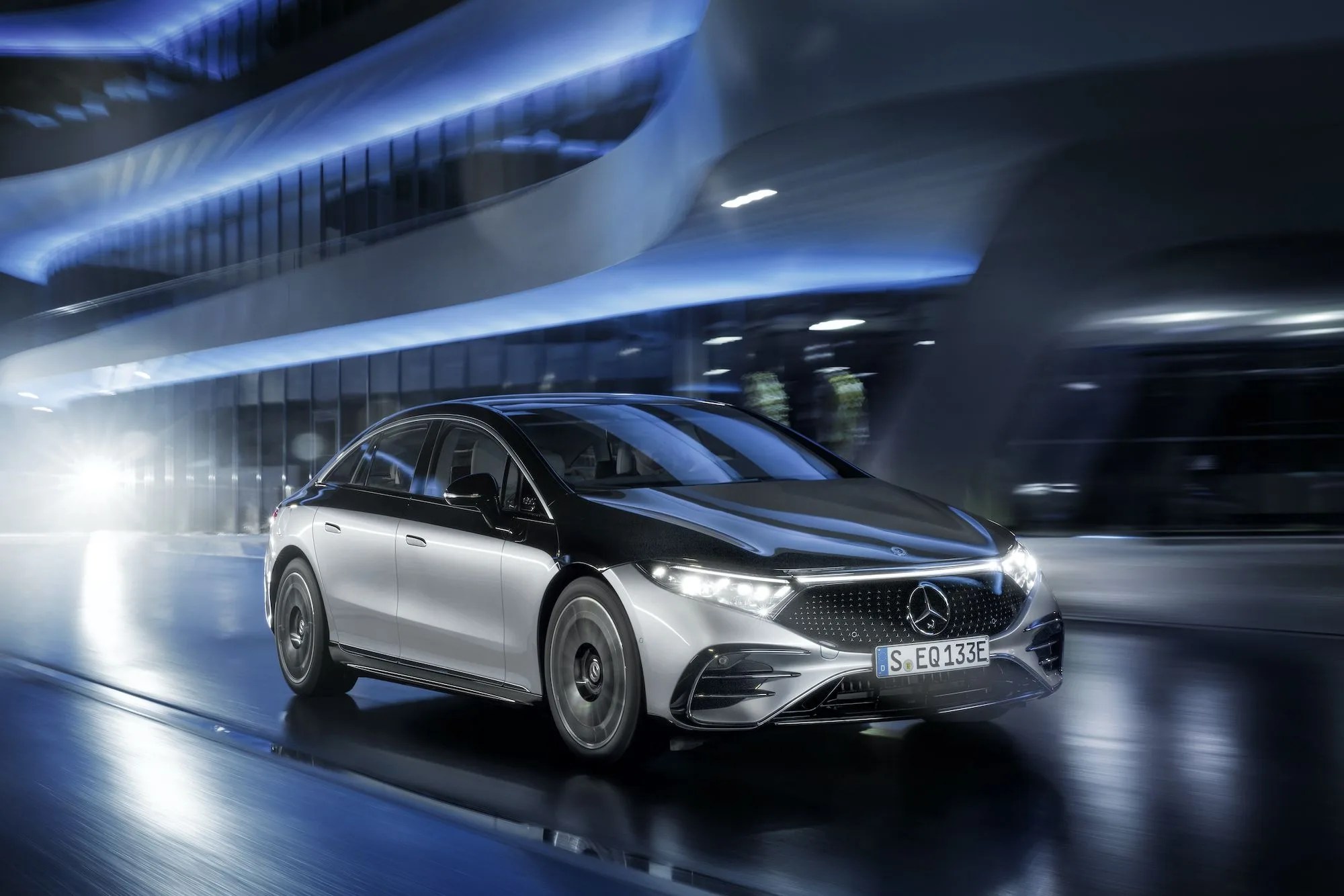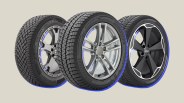Right now, the automotive world is experiencing a great conversion — from traditional internal combustion to hybrid and battery-electric vehicles. One area of car technology this will change that you might not have realized, however: braking.
Most hybrid and electric vehicles use a brake-by-wire system — introduced prominently in Formula 1 in 2014 — which replaces the primary friction-based braking system with electrical engine braking, allowing the car to recover energy and charge the battery. Brake-by-wire systems in hybrids and EVs have a fall-back to conventional braking if the battery is full or in the event of a malfunction. Now, according to a German patent for Daimler AG uncovered by CarBuzz, Mercedes-Benz — who have an onslaught of new EVs coming, including the new EQS — may be working on some technology to make that fall-back even safer.
The system described in the Daimler AG patent application adds an air release valve to the fall-back. The car would not just move to conventional braking in the event of brake-by-wire failure; it would deflate anywhere from one to all four tires as needed, which would increase the contact patch of the tire. That would, in turn, increase the rolling resistance (typically, you want that decreased in an EV’s tires, as that improves efficiency) and help the car stop. Should that happen, the car’s top speed would be limited and the driver would receive an alert.
The system would also include a lightweight onboard generator system to fill the tires back up to their normal pressure, which makes sense; forcing you to drive carefully to a (gasp!) gas station to reinflate them would be a bit of a downer. And as a bonus, that system could presumably be tweaked to be user-adjusted if you’re heading to the track…or perhaps taking your new EQG off-roading.


